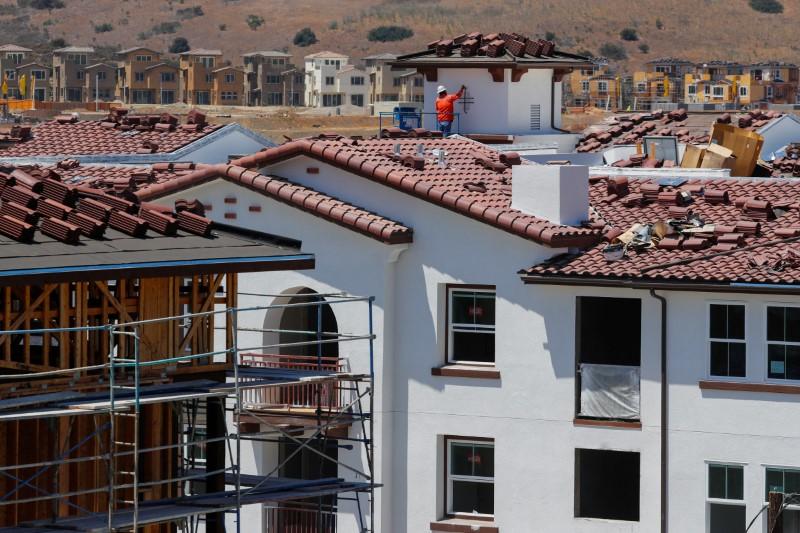Commentary
California housing is always in crisis; the COVID-19 pandemic changed the nature of the situation, with rent moratoriums and lockdowns.

California housing is always in crisis; the COVID-19 pandemic changed the nature of the situation, with rent moratoriums and lockdowns.